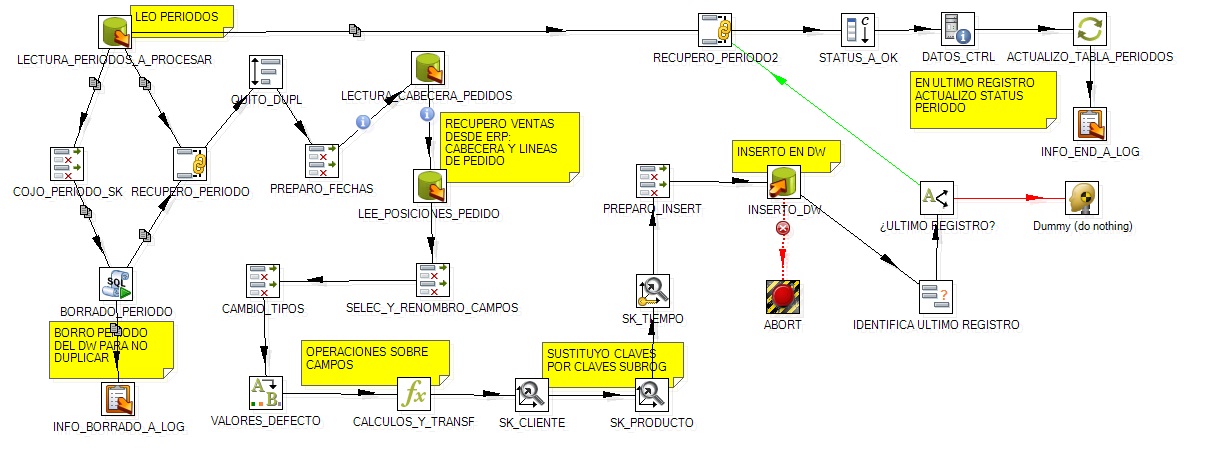
In this course, you will create data warehouse designs and data integration workflows that satisfy the business intelligence needs of organizations. d) Sqoop e) Pentaho Kettle f) Talend g) Informatica h) Abinitio (ref:hirist.
PENTAHO DATA INTEGRATION EXAMPLES SOFTWARE
By the end of the course, you will have the design experience, software background, and organizational context that prepares you to succeed with data warehouse development projects. The ETL matrix provided in the ETL & Data Integration Guide 2021 allows for. If you are currently a business or information technology professional and want to become a data warehouse designer or administrator, this course will give you the knowledge and skills to do that.
PENTAHO DATA INTEGRATION EXAMPLES HOW TO
If you’re a database administrator or developer, you’ll first get up to speed on Kettle basics and how to apply Kettle to create ETL solutionsbefore progressing to specialized concepts such as clustering.

You will also gain conceptual background about maturity models, architectures, multidimensional models, and management practices, providing an organizational perspective about data warehouse development. A complete guide to Pentaho Kettle, the Pentaho Data lntegration toolset for ETL This practical book is a complete guide to installing, configuring, and managing Pentaho Kettle. In the data integration assignment, you can use either Oracle, MySQL, or PostgreSQL databases. For example, do not allocate a Gigabyte of memory to process a text file of a. You will have hands-on experience for data warehouse design and use open source products for manipulating pivot tables and creating data integration workflows. the Pentaho PDI tool can help optimize your integration of large data. These are fundamental skills for data warehouse developers and administrators. In this course, you will learn exciting concepts and skills for designing data warehouses and creating data integration workflows. and open source for nearly a decade now, HPCC Example: The Sales Data EDW of a. Ideally, the courses should be taken in sequence. Apatar is a free and open-source data integration software package. This is the second course in the Data Warehousing for Business Intelligence specialization. Examples of this type of interoperability include: Support for governance and management of data assets Data acquisition for analytics and business.


 0 kommentar(er)
0 kommentar(er)
